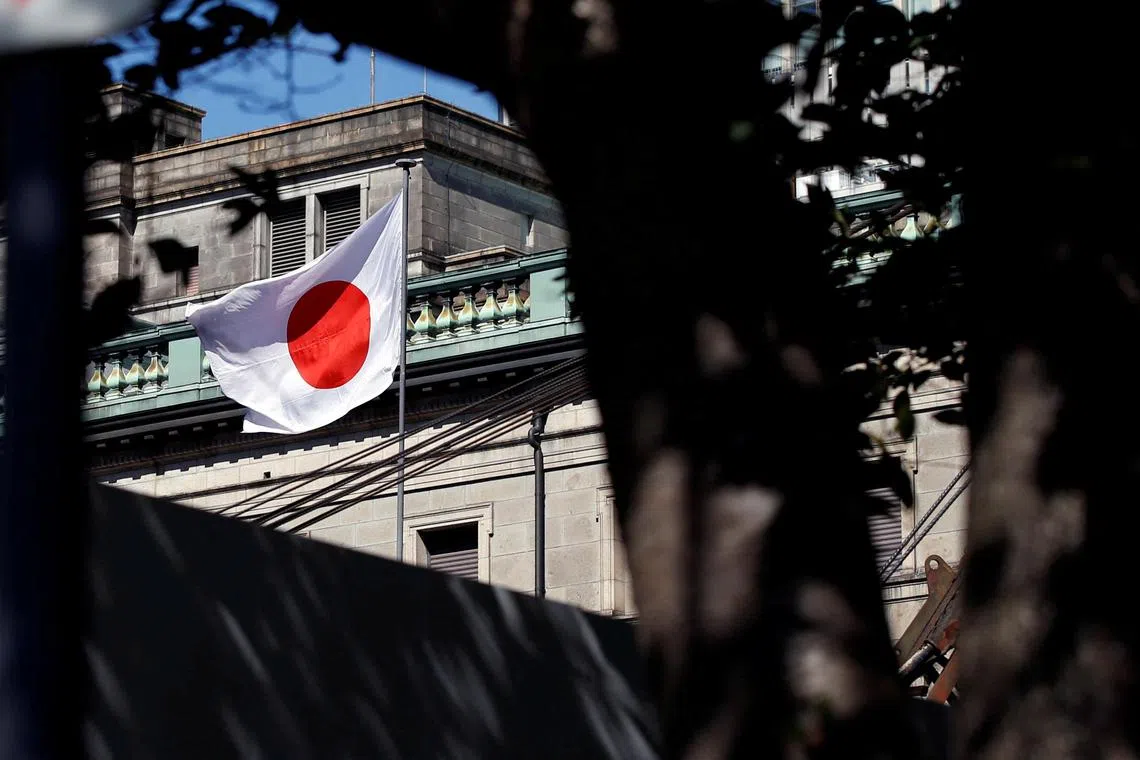Japan’s export growth slows as external demand moderates, result driven by auto decline
Sign up now: Get ST's newsletters delivered to your inbox

The weaker-than-expected data may give officials at the Bank of Japan another reason to hold policy steady when the board gathers in September.
PHOTO: REUTERS
Follow topic:
TOKYO – Japan’s export growth slowed while posting a ninth straight advance, an outcome underscoring the uneven state of the economic recovery.
Exports increased 5.6 per cent in August from a year ago, decelerating from 10.2 per cent in the previous month, Japan’s Ministry of Finance reported on Sept 18. The result, which missed the 10.6 per cent consensus estimate from economists, was driven by a 9.9 per cent decline in car exports, with shipments of construction and mining machinery also falling.
Imports climbed 2.3 per cent, falling short of the 15 per cent gain forecast by economists. The trade deficit widened to ¥695.3 billion (S$6.35 billion).
The weaker-than-expected data may give officials at the Bank of Japan (BOJ) another reason to hold policy steady when the board gathers this week. Economists responding to a Bloomberg survey were unanimous in forecasting a hold for Sept 20’s decision, with many expecting a rate increase in the fourth quarter.
The data was at odds with the BOJ’s assessment in July. In the outlook report released after the board meeting in July, the bank said that “exports and production are likely to return to an uptrend, mainly due to a pick-up in global demand for IT-related goods, as overseas economies continue to grow moderately”.
Sept 18’s data was also inconsistent with wider trends for trade. The World Trade Organisation said earlier in September that its goods barometer, a gauge for global trade activity, rose to 103 compared with a reading of 100.6 in March, with components of the barometer such as cars, shipping containers and air freight showing at or above-trend levels.
Among products supporting Japan’s export performance in August was semiconductor manufacturing equipment, which posted a 55.2 per cent gain.
Japan’s tech sector has benefited from a wave of global demand for artificial intelligence development, which has generated high demand for advanced semiconductors and related machinery in the US and other developed nations.
On a regional basis, exports to the US fell for the first time in almost three years, edging 0.7 per cent lower, and those to Europe fell by 8.1 per cent, while shipments to China rose 5.2 per cent. BLOOMBERG

